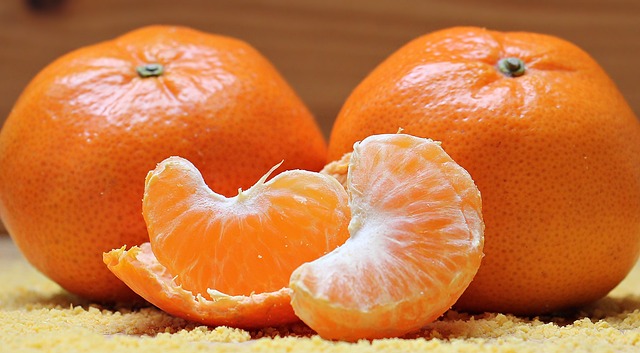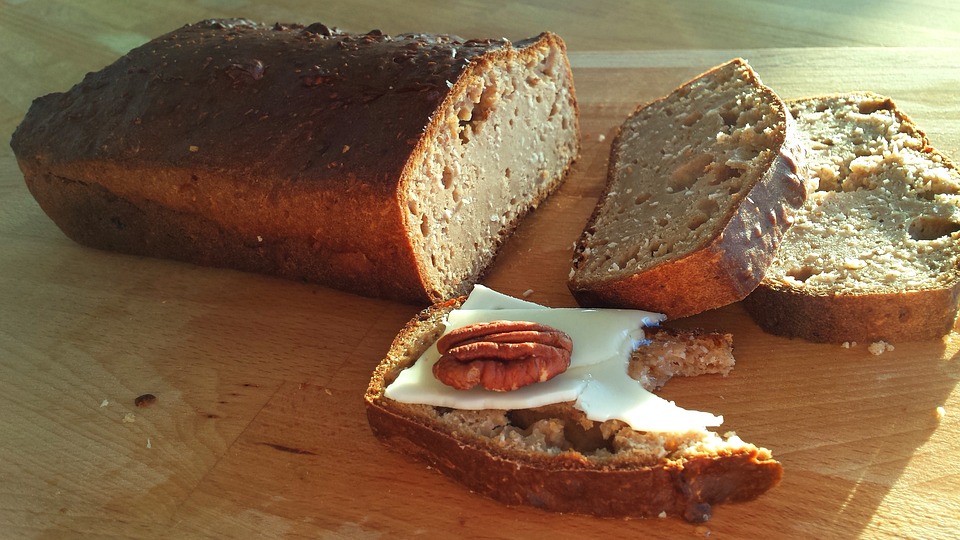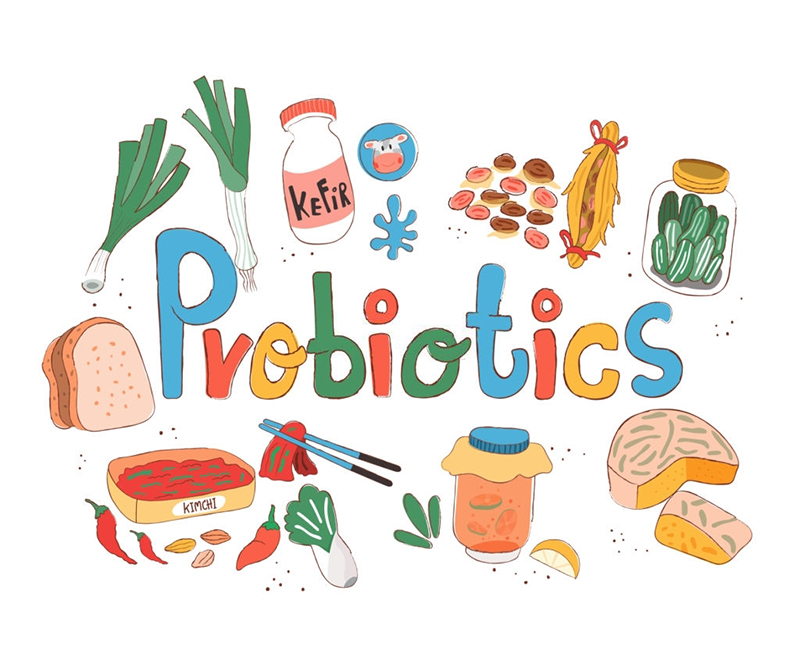Probiotics and prebiotics are two terms that are often used interchangeably, but they are not the same thing. In fact, they play different roles in promoting gut health. In this guide, we’ll explore the difference between probiotics and prebiotics, their benefits for gut health, and how to incorporate them into your diet.
What are Probiotics?
Probiotics are live microorganisms that can be found in certain foods, such as yogurt and sauerkraut, and in supplement form. They are often referred to as “good” or “friendly” bacteria because they help keep your gut healthy and balanced.
Probiotics work by colonizing the gut with beneficial bacteria. When the balance of bacteria in the gut is disrupted, it can lead to a range of health issues, such as digestive problems and a weakened immune system. Probiotics can help restore the balance of the gut microbiome, which can promote overall gut health.
What are Prebiotics?
Prebiotics are a type of fiber that feed the good bacteria in your gut. They are found in many foods, including bananas, onions, garlic, and whole grains. Prebiotics are not live microorganisms like probiotics, but they play an important role in promoting gut health.
Prebiotics work by providing a food source for the beneficial bacteria in the gut. When the good bacteria in the gut have enough food to thrive, they can outcompete harmful bacteria and promote overall gut health.
Benefits of Probiotics for Gut Health
Probiotics offer many benefits for gut health. Here are some of the ways that probiotics can promote gut health:
Improving Digestion
Probiotics can help improve digestion by breaking down food and absorbing nutrients more efficiently.
Boosting the Immune System
The gut is home to about 70% of your immune system cells. When your gut is healthy, your immune system is stronger. Probiotics can help boost the immune system by restoring the balance of the gut microbiome.
Reducing Inflammation
Inflammation in the gut can lead to a range of health issues, including digestive problems and a weakened immune system. Probiotics can help reduce inflammation in the gut, which can promote overall gut health.
Benefits of Prebiotics for Gut Health
Prebiotics also offer many benefits for gut health. Here are some of the ways that prebiotics can promote gut health:
Feeding Beneficial Bacteria
Prebiotics provide a food source for the beneficial bacteria in the gut. When the good bacteria in the gut have enough food to thrive, they can outcompete harmful bacteria and promote overall gut health.
Improving Digestion
Prebiotics can help improve digestion by promoting the growth of beneficial bacteria in the gut, which can break down food and absorb nutrients more efficiently.
Reducing Inflammation
Like probiotics, prebiotics can help reduce inflammation in the gut, which can promote overall gut health.
Probiotics vs. Prebiotics: Which is Better?
Probiotics and prebiotics both play important roles in promoting gut health, but they work in different ways. Probiotics help colonize the gut with beneficial bacteria, while prebiotics provide a food source for the beneficial bacteria in the gut.
In general, it’s best to consume both probiotics and prebiotics as part of a healthy diet. This can help promote overall gut health and reduce the risk of digestive problems and other health issues.
Probiotic and Prebiotic Foods
Probiotics and prebiotics can be found naturally in many foods. Here are some examples of probiotic-rich and prebiotic-rich foods:
Probiotic Foods
- Yogurt
- Kefir
- Kimchi
- Sauerkraut
- Kombucha
Prebiotic Foods
- Bananas
- Onions
- Garlic
- Whole grains
- Artichokes
Probiotic and Prebiotic Supplements
If you’re not getting enough probiotics or prebiotics from your diet, you may want to consider taking a supplement. Probiotic and prebiotic supplements come in many forms, including capsules, tablets, and powders.
When choosing a probiotic or prebiotic supplement, it’s important to look for one that contains the specific strains of bacteria or types of fiber that have been shown to be beneficial for gut health. Be sure to speak with your healthcare provider before starting any new supplements to ensure they are right for you.
Conclusion
Probiotics and prebiotics are both important for promoting gut health, but they work in different ways. Probiotics help colonize the gut with beneficial bacteria, while prebiotics provide a food source for the beneficial bacteria in the gut. Incorporating both probiotics and prebiotics into your diet can help promote overall gut health and reduce the risk of digestive problems.







